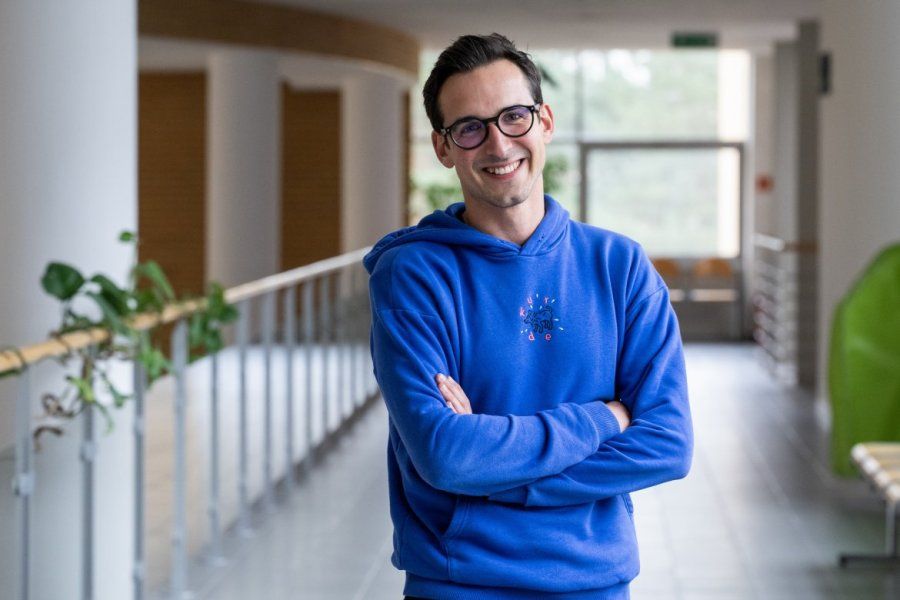A research team led by Dr Maciej Behnke from the Faculty of Psychology and Cognitive Science has studied how emotion regulation, or the management of emotional reactions and stress, affects the effectiveness of players in an e-sports tournament. The results were published in the journal of the Royal Society of Open Science.
The situation faced by players creates a brilliantly controllable opportunity to test a range of issues related to psychophysiology, say the researchers. During the research, it is possible to record not only performance (e.g. the effectiveness of shots) but also facial expressions, physiological response and the movements performed by the players.
- "Emotional reactions in stressful situations can either undermine or enhance players' effectiveness. In our study, we adopted synergistic mindsets intervention (SMI) developed by American researchers and published in Nature (Yeager et al., 2022). The intervention teaches individuals how to change the way they think about physiological responses and emotions and their perspective on situations. It is intended to help you perform more effectively and thus feel more comfortable", explains Dr Maciej Behnke.
The researchers aimed to investigate whether the intervention could help players manage their stress responses better and improve their performance in the popular game Counter-Strike: Global Offensive (CS: GO). The research team included scientists from Adam Mickiewicz University, Poznań, Eindhoven University of Technology, Stanford University and the University of Rochester. It was - to date - the biggest experimental study of gamers in the world.
- We enrolled 300 players, randomly assigning them to either the SMI group or the control group. After two weeks of daily gaming, the participants competed in a tournament with 11,000 PLN prize funds. We measured their affective experiences and physiological reactions before and during the games to assess the impact of the intervention, says Dr Behnke.
Source: Życie Uniwersyteckie
photo credit: Łukasz Gdak


